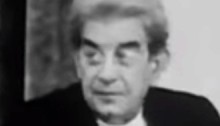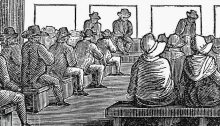“This I Knew Experimentally”: an Analysis of George Fox’s Convincement Narrative
“What Fox describes is a set of Bible-based cognitions carrying powerful affective impact and leading him to believe that God’s promised kingdom would be fulfilled in and through him.”









